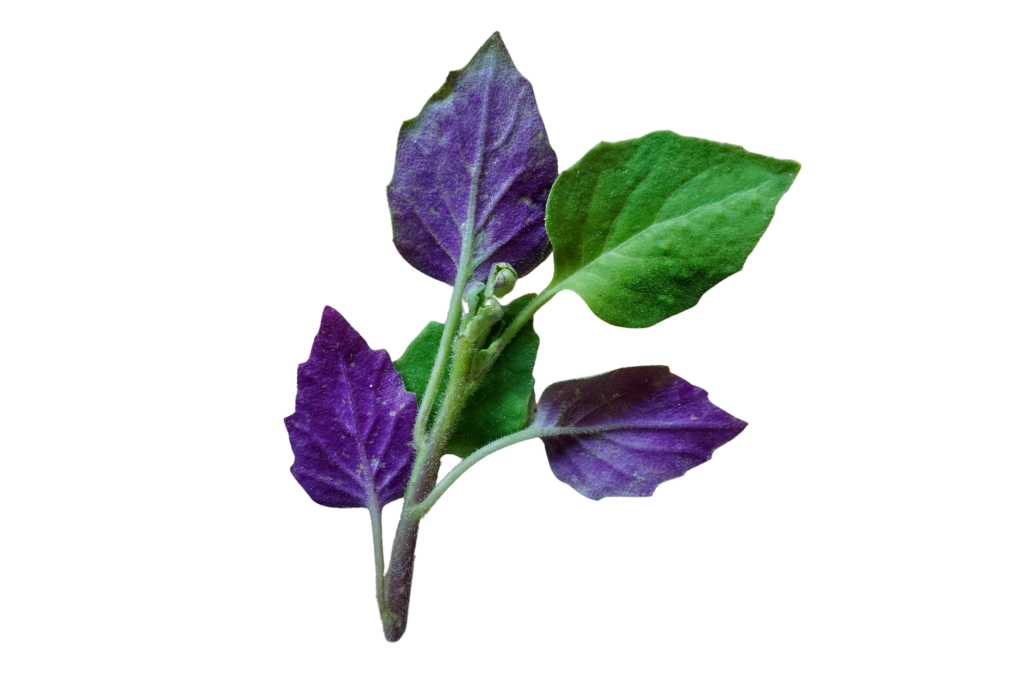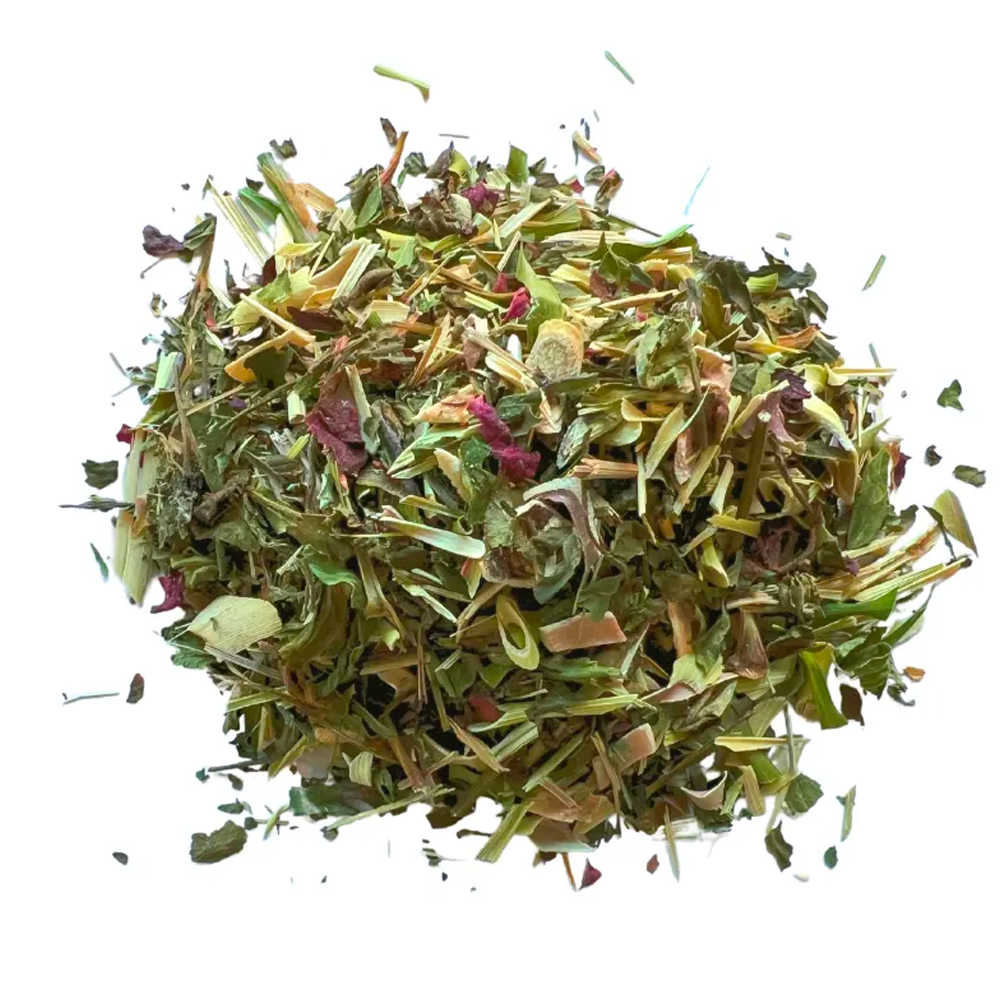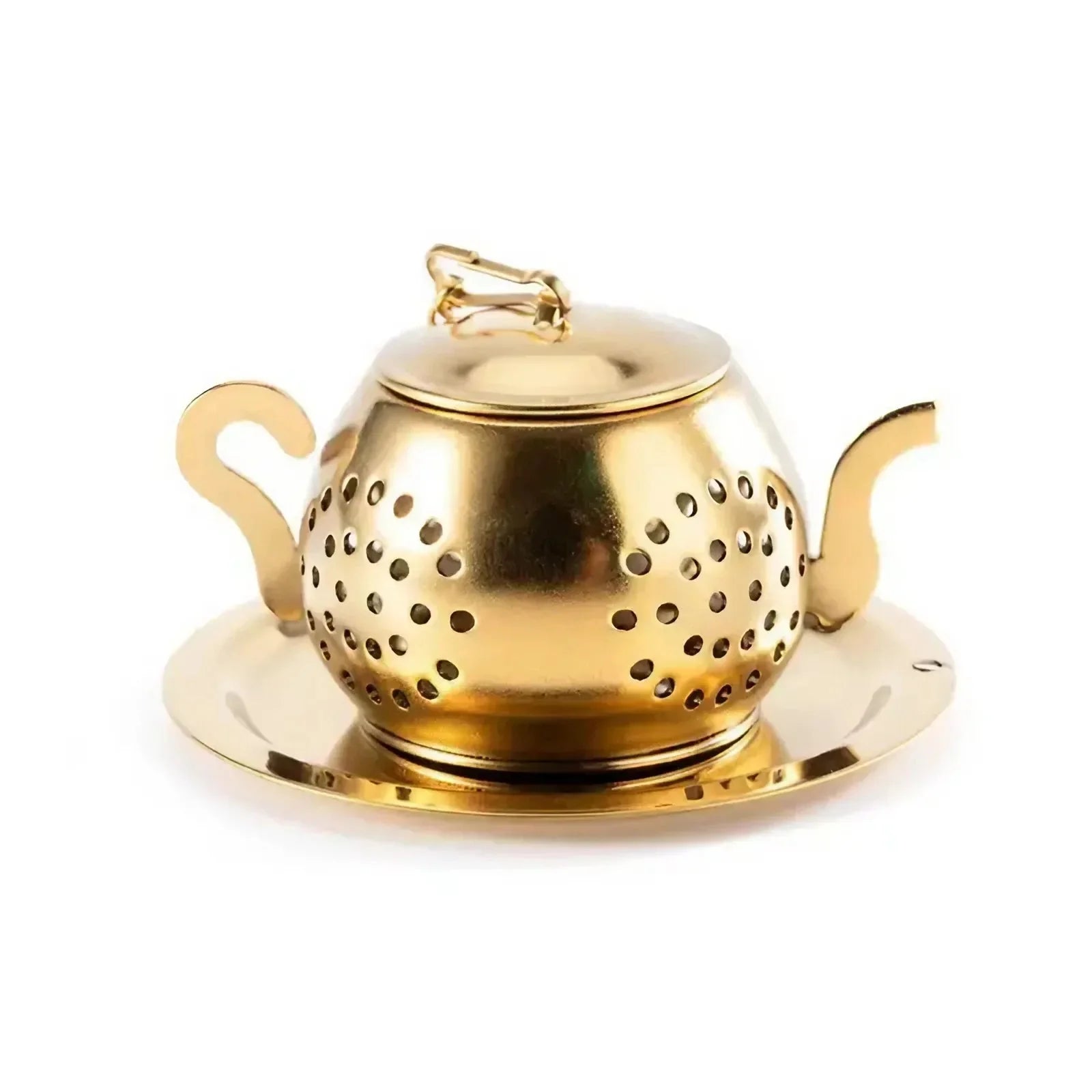
Gynura bicolor
Hmong Name: Tsuaj Rog
Gynura bicolor, more commonly known as Okinawa spinach, is a leafy vegetable that has been a staple in Southeast Asian diets for centuries. Originating from the Ryukyu Islands of Japan, this plant has been traditionally used for medicinal purposes, earning it a revered spot in the annals of natural remedies.
The Okinawa spinach is a powerhouse of nutrients. Its leaves are rich in antioxidants, anti-inflammatory compounds, and beta-carotene. These elements are believed to contribute to its medicinal properties, making it a sought-after herb in traditional medicine.
Historically, Okinawa spinach has been used to treat a variety of health conditions. From high blood pressure and diabetes to even cancer, this plant has been a go-to solution for many health concerns. But it’s not just traditional medicine that recognizes its potential. Modern research has begun to confirm some of these medicinal uses, bringing this ancient herb into the spotlight of contemporary health discussions.
Studies have shown that Okinawa spinach may have potential benefits for heart health and blood sugar control. It’s even been linked to weight management, making it a versatile plant with a wide range of applications. The high antioxidant content of the plant has been shown to help protect against oxidative stress and cellular damage, which can help to reduce the risk of chronic diseases.
However, it’s important to note that the medicinal properties of Okinawa spinach are still being studied. More research is needed to fully understand its benefits and how it can be used effectively as a medicinal herb. As with any herbal supplement, it is always recommended to speak with a doctor before taking Okinawa spinach, especially if you are taking any medications or have any health conditions.
In conclusion, Gynura bicolor, or Okinawa spinach, is a remarkable plant with a rich history and promising future. As research continues to uncover its potential, we can look forward to new discoveries about this ancient herb and its place in modern medicine.
Disclaimer: This information is for educational purposes only and has not been evaluated by the FDA. It is not intended to diagnose, treat, cure, or prevent any disease. We recommend that you consult with a qualified healthcare practitioner before using any herbal products, particularly if you are pregnant, nursing, or on any medications.


